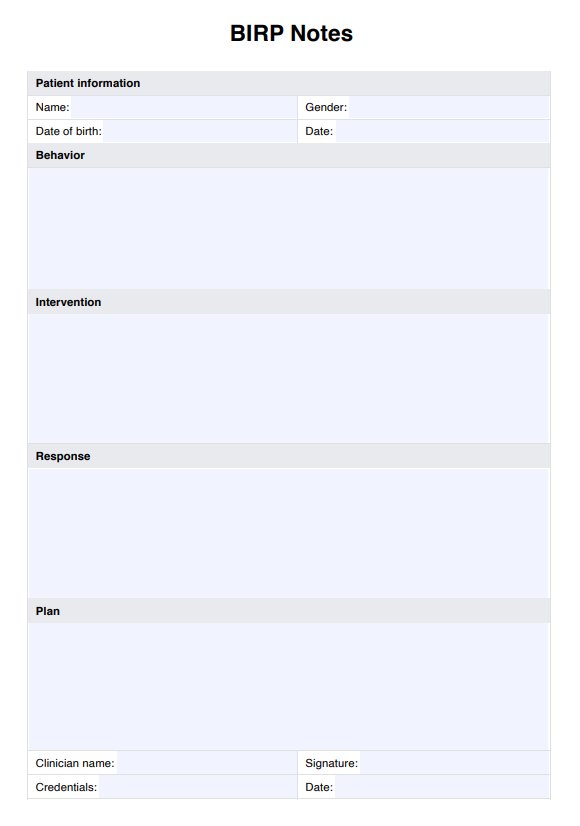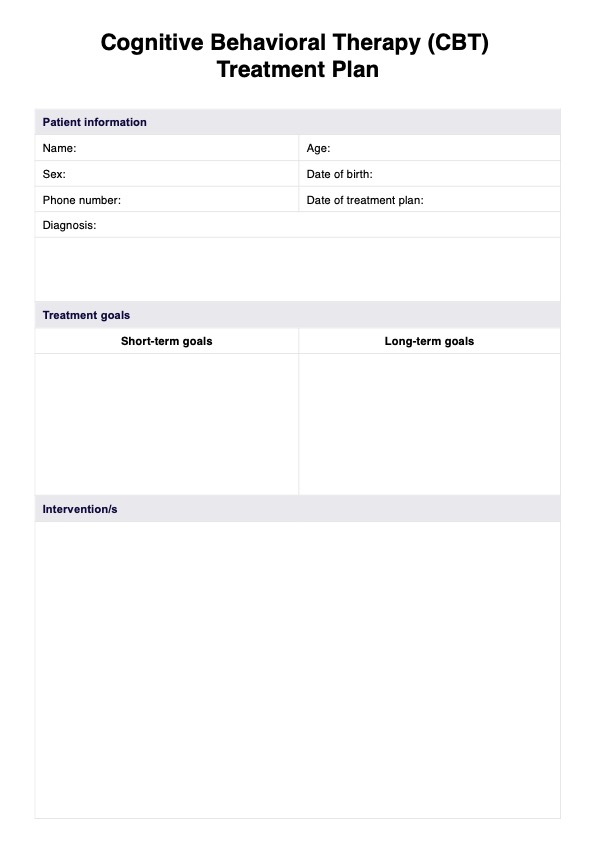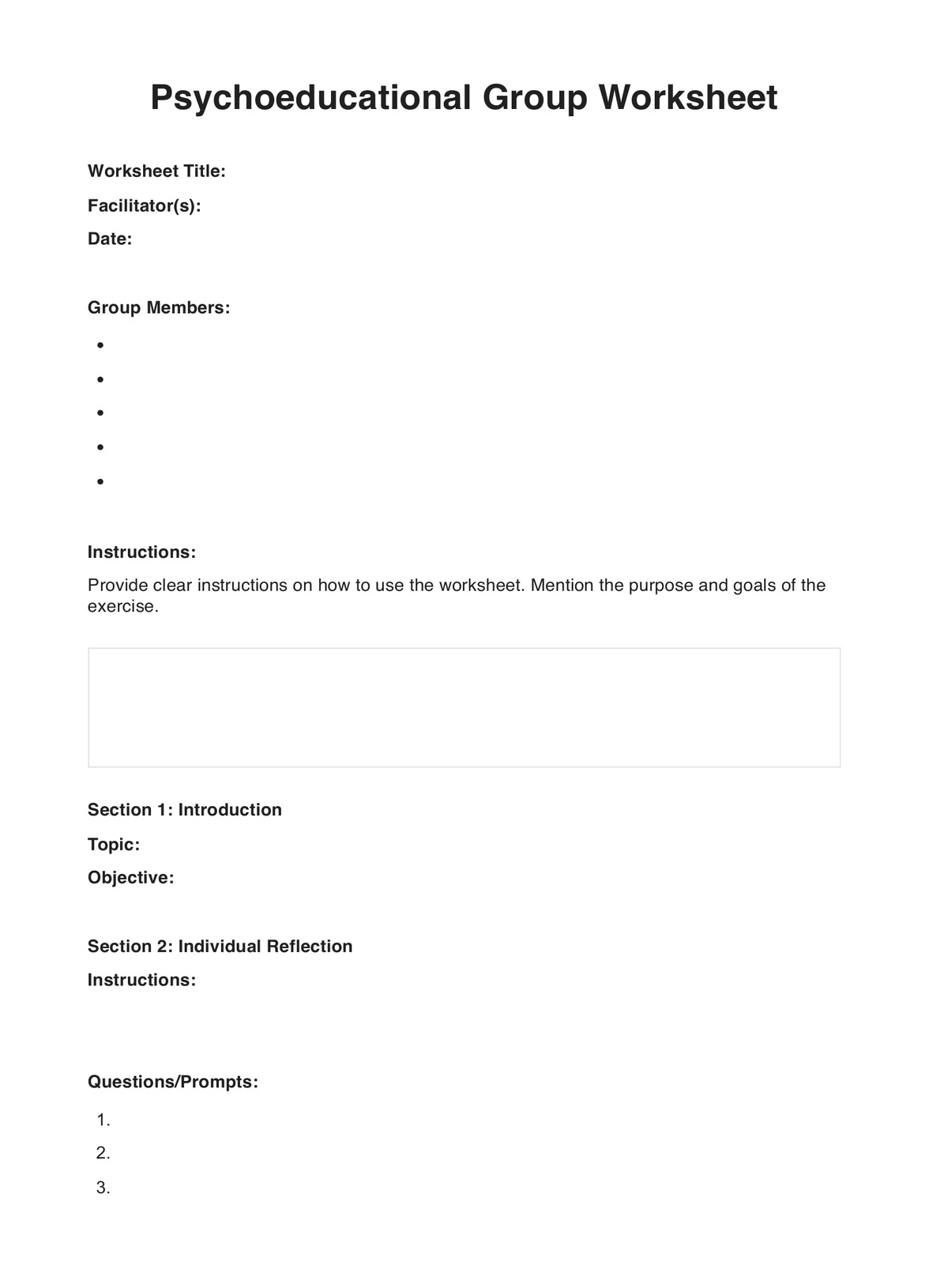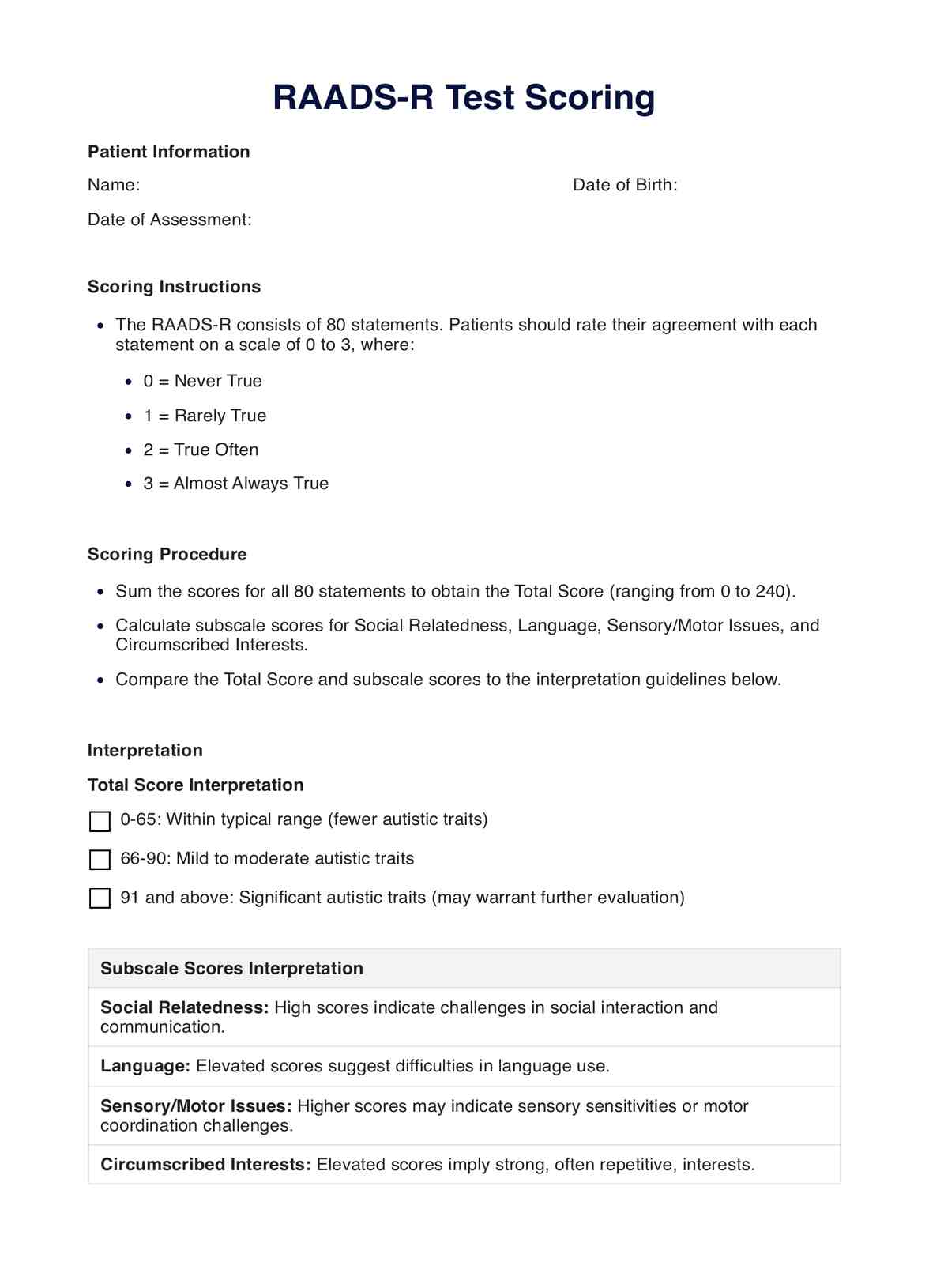DSM 5 Criteria for Narcissistic Personality Disorder
Access a helpful tool to help screen for symptoms and representations of Narcissistic Personality Disorder using our DSM-5 criteria checklist.


What is narcissistic personality disorder?
Narcissistic personality disorder (NPD) is a complex and multifaceted condition classified within the spectrum of personality disorders. This is usually discussed alongside Cluster B personality disorders characterized by dramatic, emotional, and erratic behavior. This includes disorders such as antisocial personality disorder, borderline personality disorder, and histrionic personality disorder (Barlow et al., 2018).
Rooted deeply in the Diagnostic and Statistical Manual of Mental Disorders, Fifth Edition (DSM-5), narcissistic personality disorder is characterized by a long-standing pattern of grandiosity (either in fantasy or behavior), a constant need for admiration, and a lack of empathy for others.
Narcissistic personality disorder symptoms
The American Psychiatric Association (2013) outlines the specific narcissistic personality disorder criteria for the diagnosis of this disorder in the DSM-5. Directly drawn from this reference, below are the following criteria that need to be met to diagnose narcissistic personality disorder.
A pervasive pattern of grandiosity (in fantasy or behavior), need for admiration, and lack of empathy, beginning by early adulthood and present in a variety of contexts, as indicated by five (or more) of the following:
- A grandiose sense of self-importance (e.g., exaggerates achievements and talents, expects to be recognized as superior without commensurate achievements)
- Preoccupation with fantasies of unlimited success, power, brilliance, beauty, or ideal love.
- Believes that he or she is “special” and unique and can only be understood by, or should associate with, other special or high-status people (or institutions)
- Requires excessive admiration
- Has a sense of entitlement (i.e., unreasonable expectations of especially favorable treatment or automatic compliance with his or her expectations)
- Is interpersonally exploitative (i.e., takes advantage of others to achieve his or her ends)
- Lacks empathy or is unwilling to recognize or identify with the feelings and needs of others
- Is often envious of others or believes that others are envious of him or her
- Shows arrogant, haughty behaviors or attitudes.
DSM 5 Criteria for Narcissistic Personality Disorder Template
DSM 5 Criteria for Narcissistic Personality Disorder Example
How do healthcare professionals diagnose this personality disorder?
Diagnosing NPD often requires a careful and rigorous approach, as the symptoms and behaviors can sometimes be confused with confidence or strong self-esteem. For accurate diagnosis, in-depth observation and assessment over some times are necessary. Specifically, a mental health professional can follow these measures:
Clinical assessment and interviews
Healthcare professionals typically begin with a detailed clinical assessment, which includes a comprehensive psychiatric interview. Questions are carefully designed to elucidate the person's interpersonal relationships, self-image, and emotions, which might shed light on the symptoms that constitute narcissistic personality disorder.
Self-report questionnaires
In some cases, clinicians might use self-report questionnaires to gather additional insights into the person's perceptions and behavior. Some of these tools for detecting narcissism include the Personality Diagnosis Questionnaire-4th Edition Plus (PDQ-4+) or the Narcissistic Personality Inventory. Although useful, these are supplementary, as individuals with NPD may lack the insight or willingness to report their symptoms accurately.
Collaterals from close contacts
Information from family members, friends, or colleagues can be valuable, particularly as individuals with NPD might not fully disclose or may under-report behaviors and attitudes in a clinical setting. Third-party perspectives help to provide a more rounded picture of the individual's daily interactions and relationships.
Psychosocial history
A psychosocial history, including upbringing, early life experiences, and developmental milestones, can inform a clinician about contributing factors that might not be immediately obvious during an interview or on a questionnaire.
Differential diagnosis
It is an essential part of the process to distinguish narcissistic personality disorder with other conditions that might have similar features, such as other personality disorders. Evaluating the presence of co-occurring mental health conditions, such as depression or anxiety disorders, is also fundamental, as these can influence narcissistic behaviors.
Engaging with treatment
Finally, engaging a person with suspected NPD in treatment can also be informative. How they respond to therapeutic interventions may provide additional evidence for or against a diagnosis of NPD. It's important to note that establishing a diagnosis is not the endpoint. It's a step towards helping the person understand and manage the implications of their behaviors and thought patterns.
How does our DSM 5 Criteria for Narcissistic Personality Disorder template work?
The process of diagnosing NPD calls for a precise and structured approach. Our DSM-5 Criteria for Narcissistic Personality Disorder offers a template for this process, serving as a checklist to help you document observations and symptoms when working with a client. Here's a step-by-step guide to using this tool effectively:
Step 1: Download the handout
Click "Use template" to get a copy of our narcissistic personality disorder DSM 5 template that you can easily edit via the Carepatron app. For a PDF copy, simply choose "Download."
Step 2: Familiarize and apply the criteria
Begin by understanding that NPD is defined by a pervasive pattern of grandiosity (in fantasy or behavior), a need for admiration, and a notable lack of empathy, emerging by early adulthood and manifesting across various contexts. It is also important to note the presence of at least five out of nine criteria in a client.
Step 3: Comprehensive evaluation
Evaluate the individual in various contexts, as NPD traits must be consistent and pervasive. This involves in-depth interviews, review of psychological history, observation, and input from third parties where applicable.
Step 4: Consideration of differential diagnosis
Carefully rule out other mental health conditions that may present similar features, including other personality disorders. Remember, traits must be distinct and not better accounted for by another mental health disorder, a substance, or another medical condition.
Step 5: Document and review
Document findings meticulously, including observed behaviors, reported experiences, and fulfillment of the aforementioned criteria.
What causes a person to develop this disorder?
While the exact causes of NPD remain a topic of ongoing research, professional agreement exists around a combination of factors contributing to its development. These factors include biological, psychological, and environmental influences, each playing a unique role in the manifestation of NPD.
- Biological factors: Research suggests a genetic predisposition to NPD, indicating that individuals may inherit certain personality traits or sensitivities that increase their risk of developing the disorder.
- Psychological factors: Psychological theories propose that a core feature of NPD, such as an inflated sense of self-importance or lack of empathy, could stem from early childhood experiences.
- Environmental factors: The environment in which a person grows up can significantly influence the development of NPD. For example, cultural and societal expectations emphasizing success, beauty, and personal achievement above communal values can contribute to narcissistic traits.
- Family dynamics: Dysfunctional family structures, such as those involving emotional abuse, neglect, or inconsistent parenting styles, can be fertile ground for the development of NPD.
- Psycho-social theories: Some theories blend psychological and social factors, suggesting that NPD develops as a result of the individual's temperament interacting with their environment. For example, a child with a naturally sensitive temperament might respond to their environment in ways that gradually shape narcissistic personality traits, especially if those environmental factors include validation for superficial achievements, beauty, or charm rather than empathy and collaboration.
How do healthcare professionals treat those with narcissistic personality disorder?
Given the unique challenges presented by NPD, it is essential to explore strategies and interventions to find which works best for a client. The following are some key approaches that healthcare professionals employ when treating individuals with NPD:
Psychotherapy
Psychotherapy is a favored method for this disorder. In a safe, controlled environment, the individual engages in discussions that provide valuable insights into their behavior and how it affects those around them.
The different psychotherapy techniques used in NPD treatment include:
- Cognitive behavioral therapy (CBT): This approach aims to identify negative, unhelpful behavior patterns and alter them with more positive responses. CBT can help an individual with NPD gain a better understanding of their behavior and its impact on others, thereby promoting empathy.
- Dialectical behavior therapy (DBT): This therapy combines elements of CBT with mindfulness techniques. It's particularly beneficial in helping individuals manage their emotions, improve their relationships, and reduce any self-destructive behaviors.
- Psychodynamic therapy: This traditional analytical approach delves into an individual's unconscious processes to uncover the root causes behind their narcissistic behavior. This understanding helps the individual deal with their feelings and change their behavior.
Family or couples therapy
NPD significantly affects familial and romantic relationships, making family, or couples therapy an invaluable tool for treatment. It provides a platform to address issues concerning the entire family or a couple, fostering communication, understanding, and mutual support for lifestyle or behavior changes.
Group therapy
In group therapy, individuals with NPD can interact with others experiencing similar issues, providing an opportunity for mutual learning and growth. Seeing other perspectives can promote empathy and bring about self-awareness while cultivating better social skills.
Medication
NPD, as with other personality disorders, doesn't have specific medications for treatment. However, healthcare professionals might prescribe psychiatric medications, such as antidepressants or mood stabilizers, to help manage any co-occurring issues like anxiety or depression, which could aggravate NPD symptoms.
Long-term outpatient care
Long-term outpatient care, involving a combination of therapies, medication management, and frequent check-ups, could be part of an individual's comprehensive treatment plan for NPD. Just like treating other chronic conditions, long-term care for NPD requires consistency and mutual commitment from both the individual and their healthcare providers.
References
American Psychiatric Association. (2013). Diagnostic and statistical manual of mental disorders (5th ed.). Washington, DC.
Barlow, D. H., Mark, V., & Hofmann, S. G. (2018). Abnormal psychology: An integrative approach (8th ed.). Cengage Learning.
Commonly asked questions
Treatment for narcissistic personality disorders with a qualified therapist can help them develop empathy and improve their relationships but change often depends on the individual and requires significant effort.
Setting boundaries, limiting contact if necessary, and prioritizing your own well-being are crucial when dealing with a narcissist.
No. While narcissism can be a trait anyone might exhibit to some degree, NPD is a diagnosable mental health disorder that significantly impacts an individual's life.


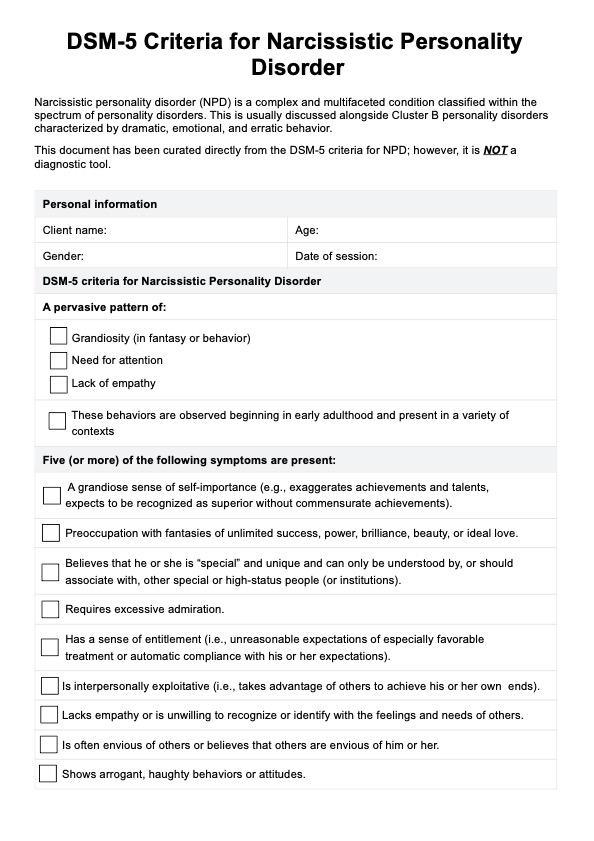
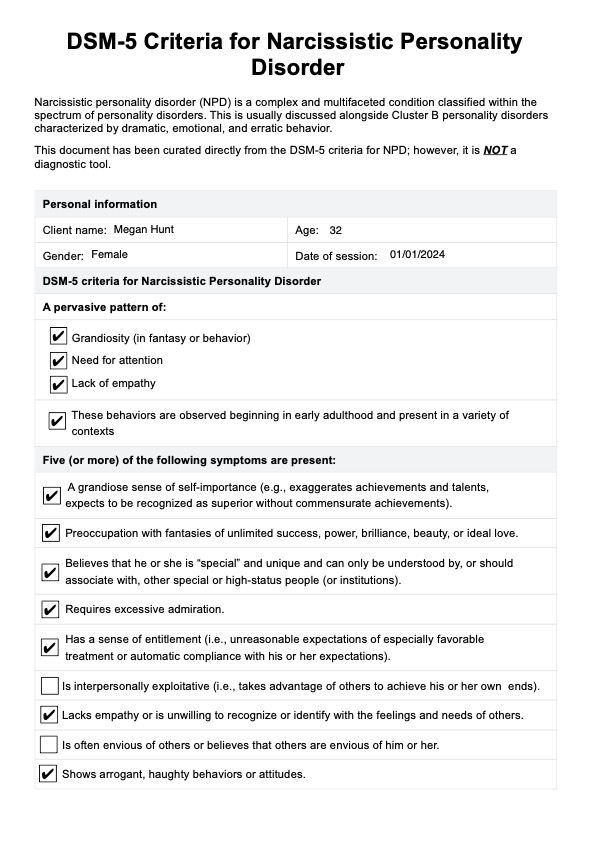

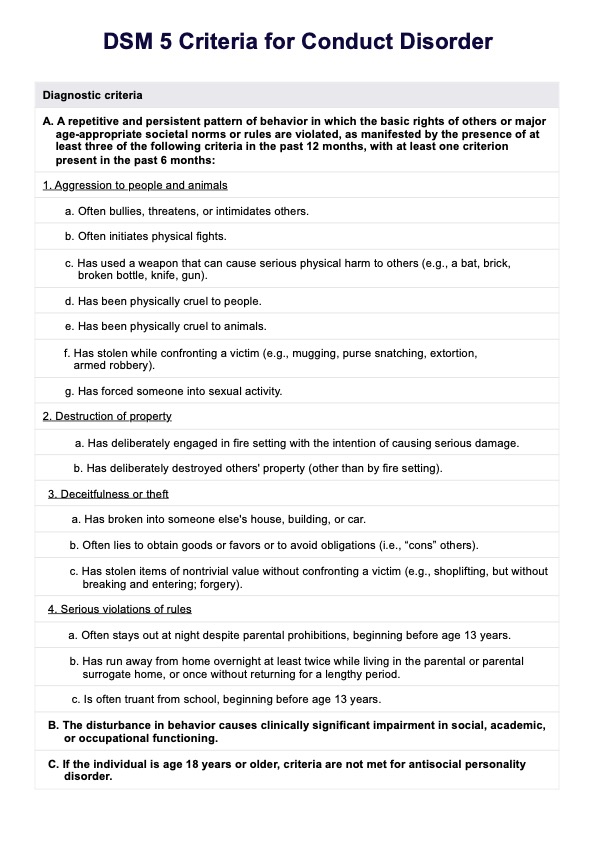
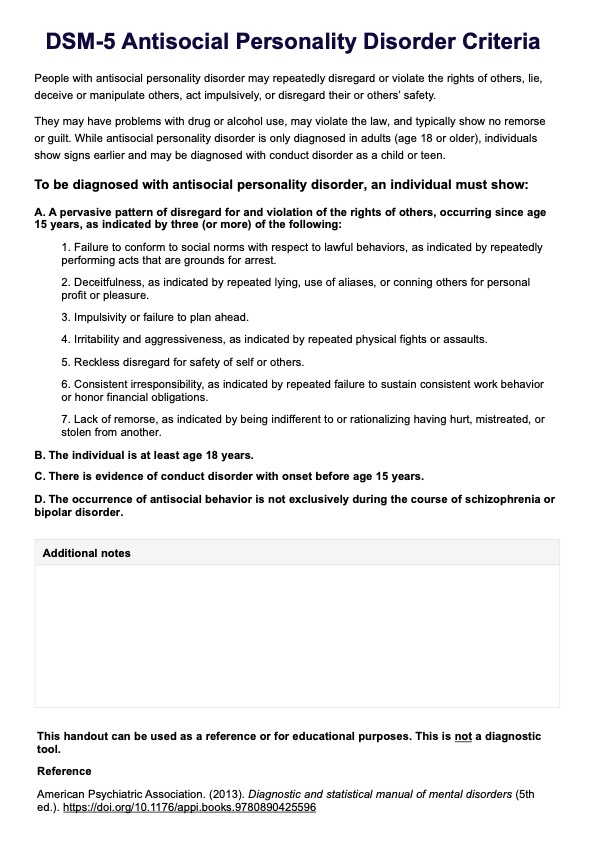
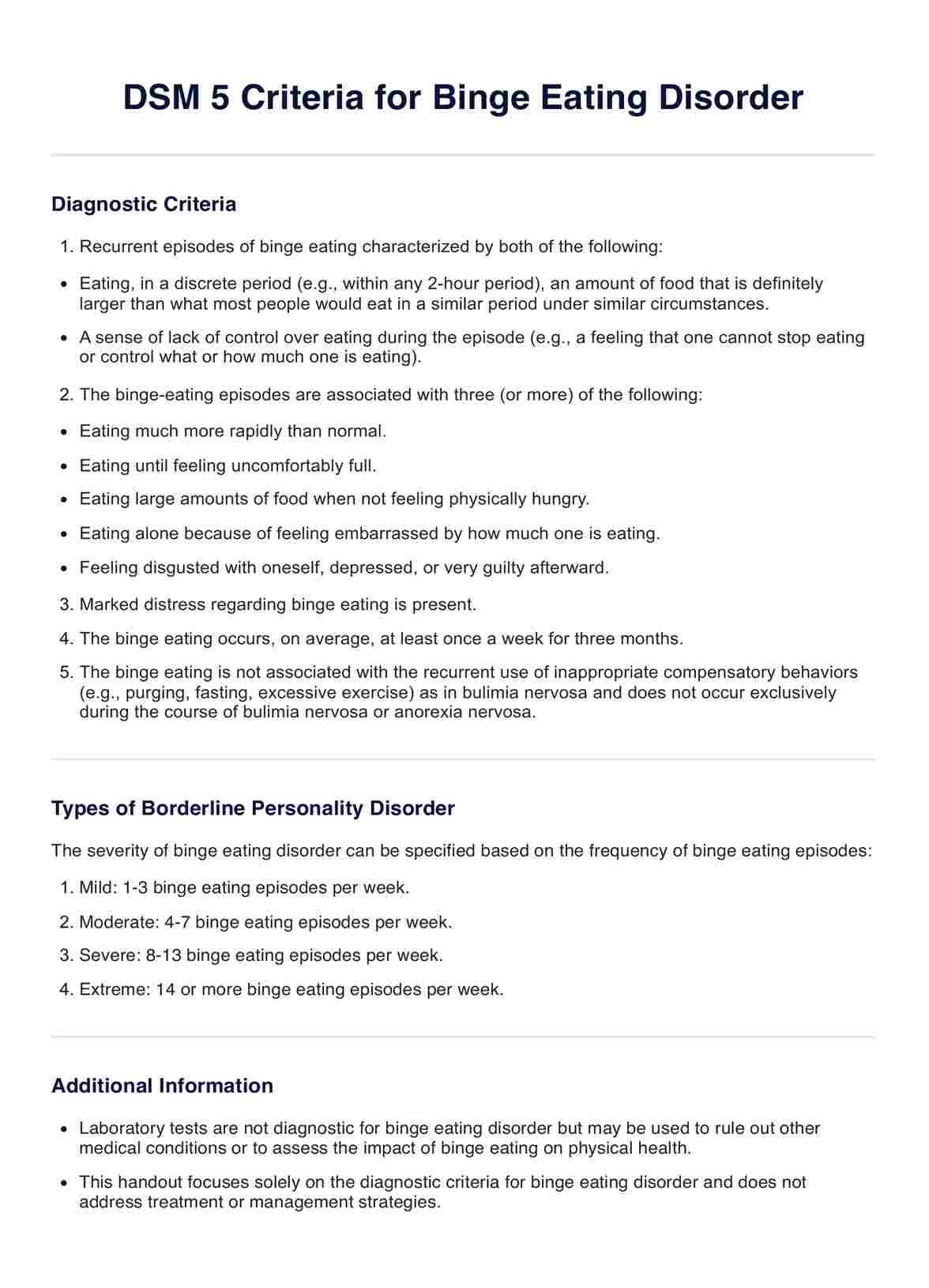
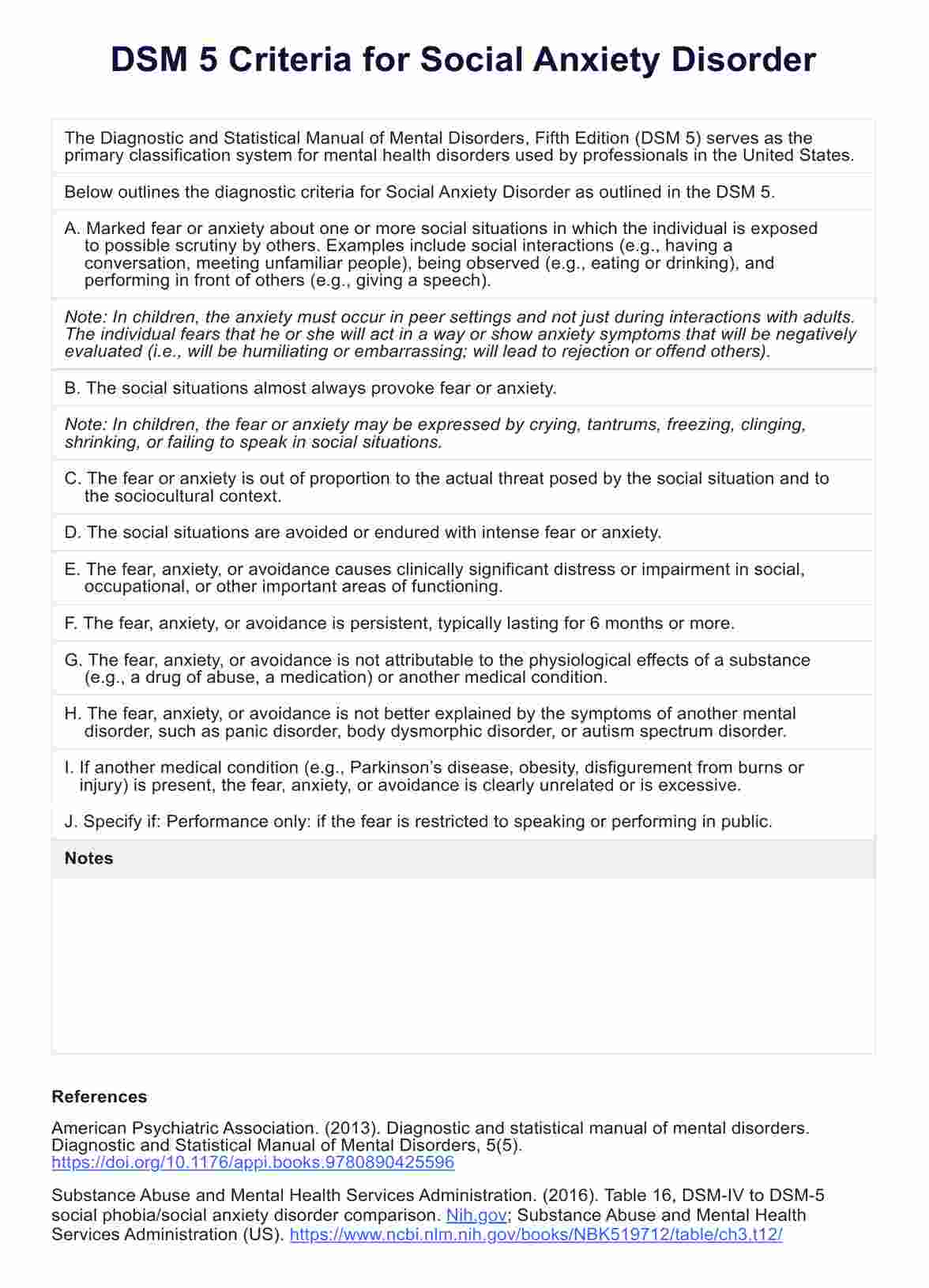
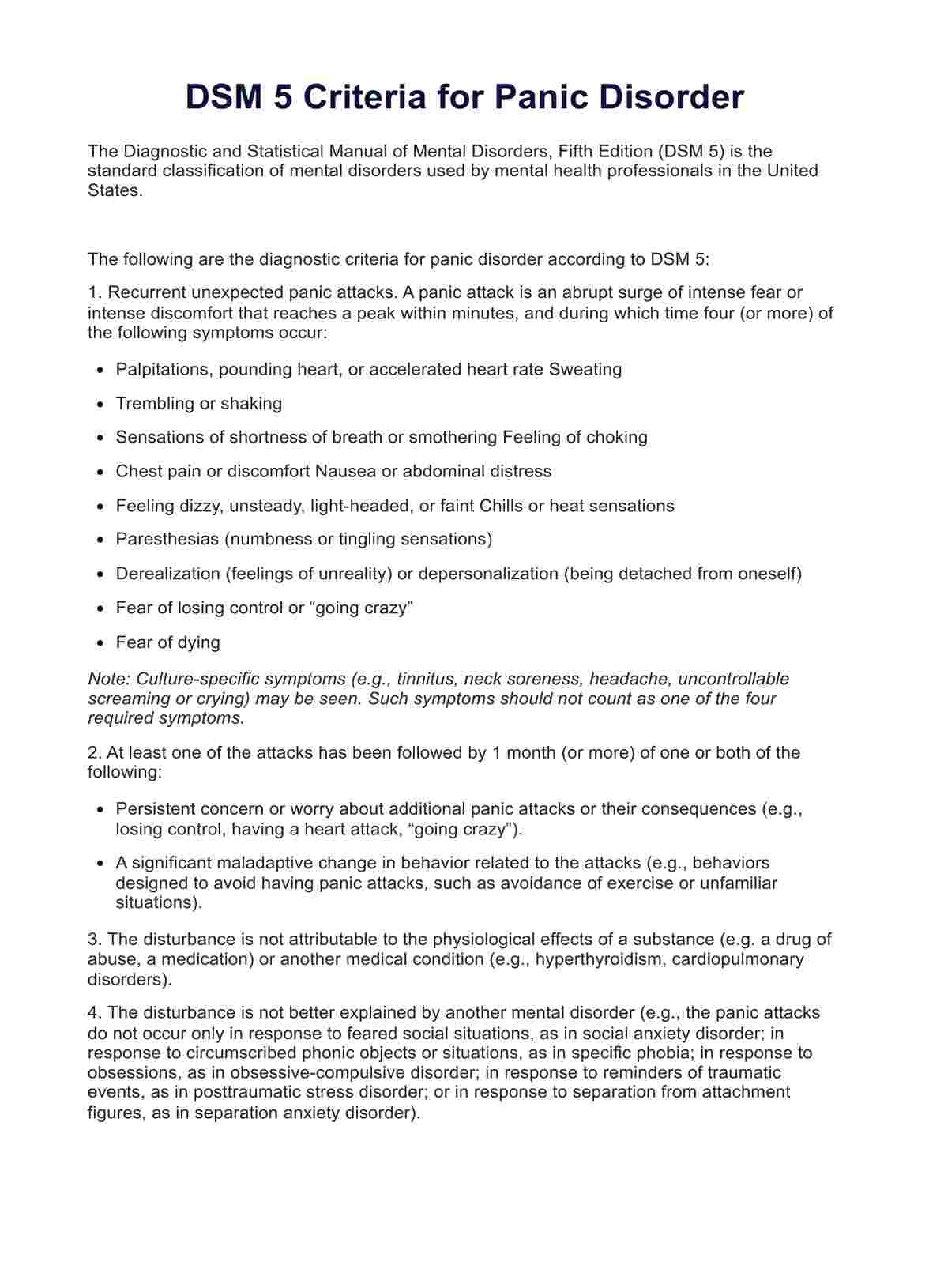
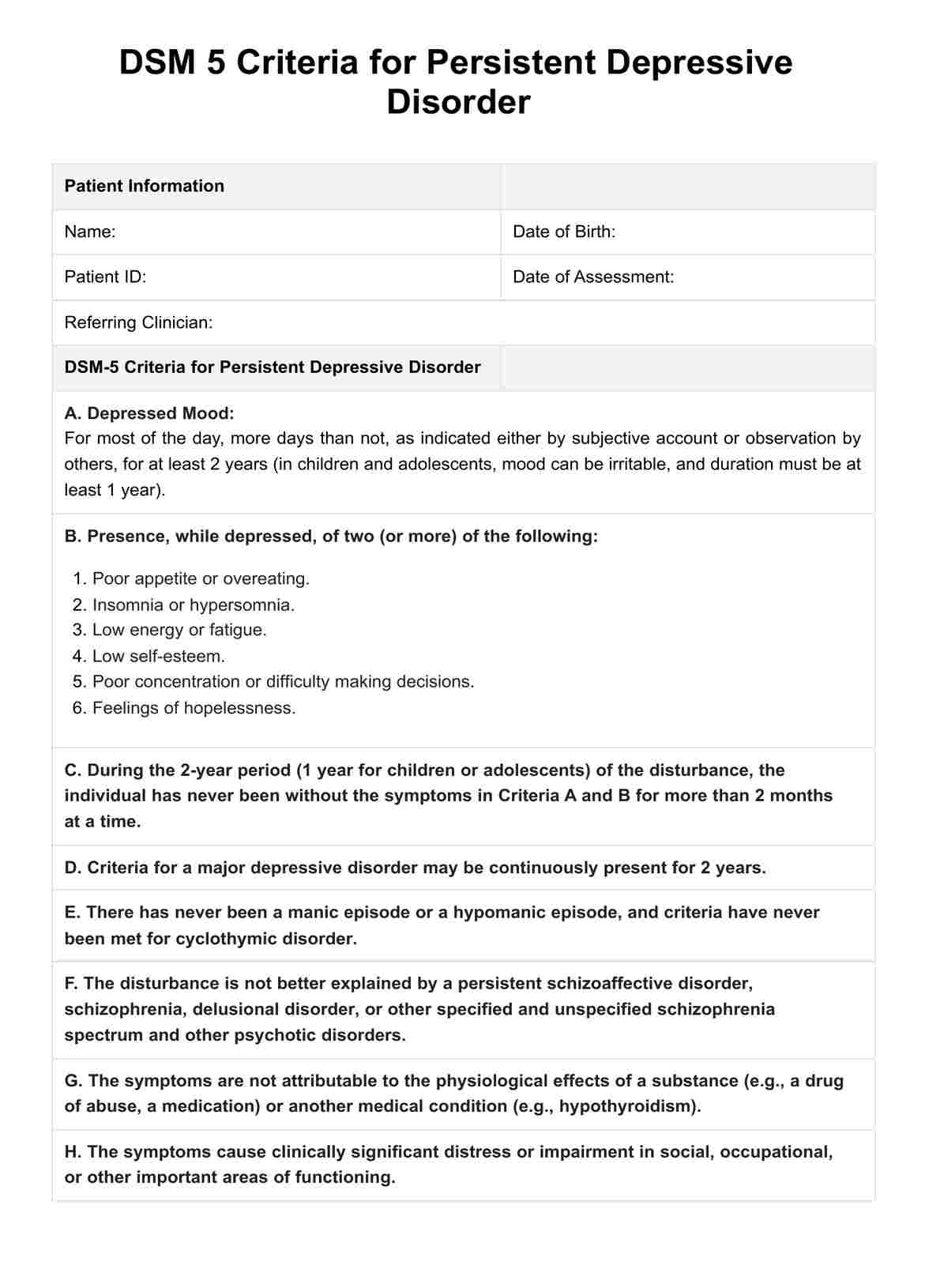
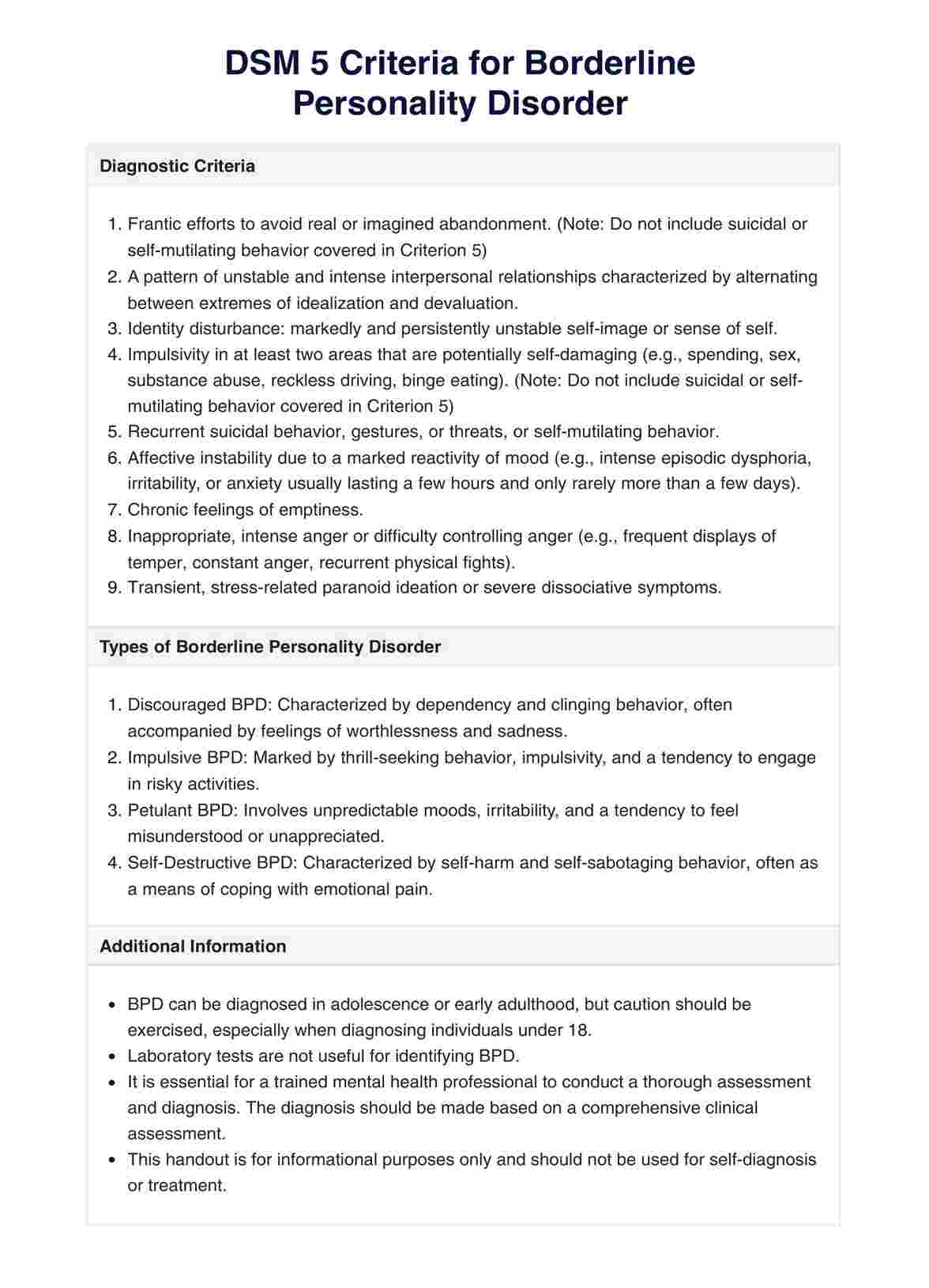
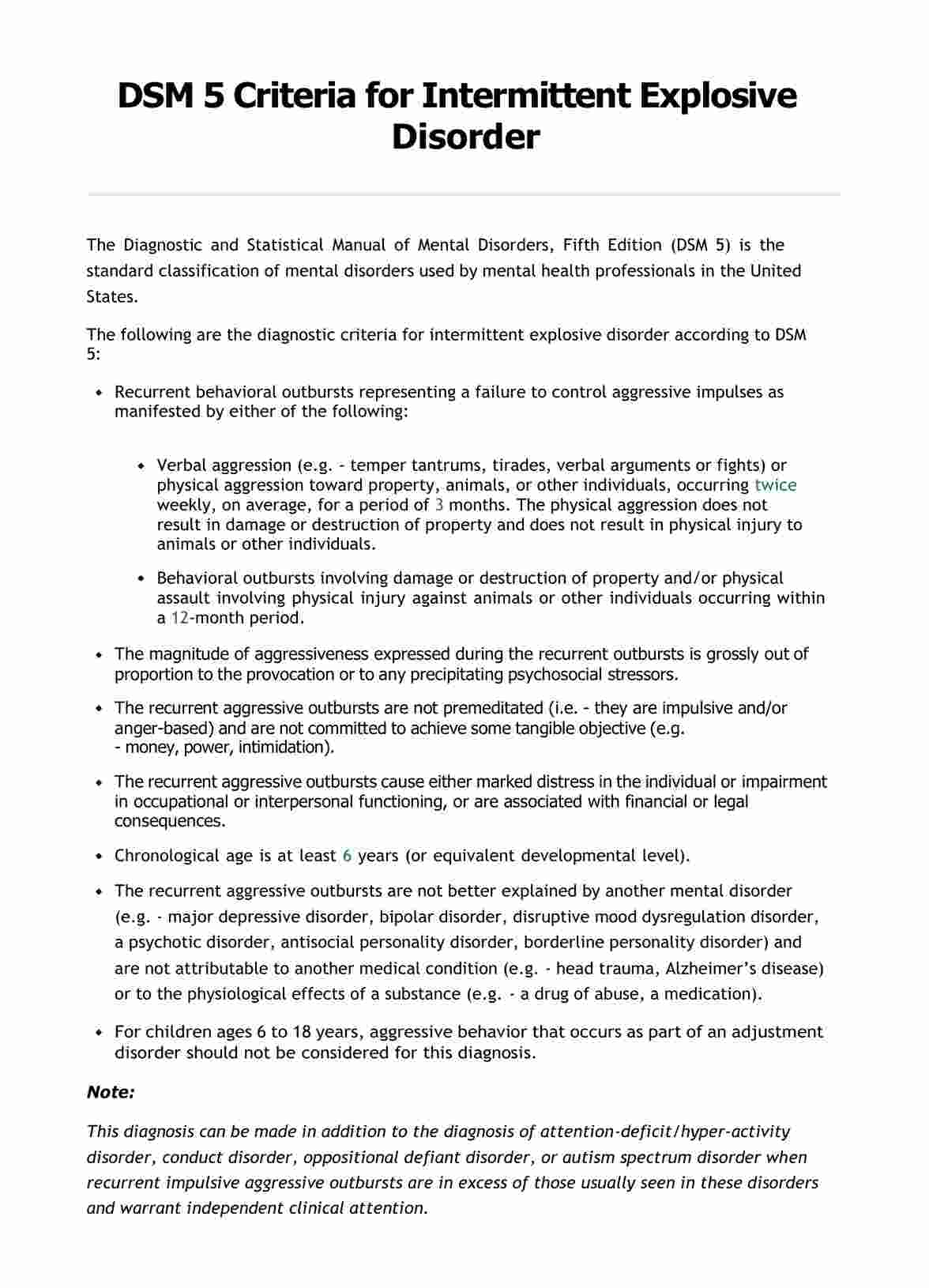
















-template.jpg)



















































































